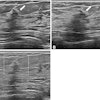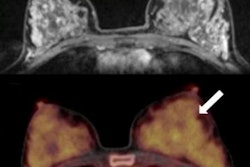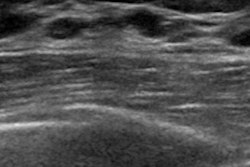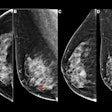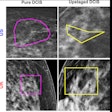
The number of late-stage colon cancer diagnoses dropped in Massachusetts after the expansion of healthcare coverage in the state, a move that served as the model for the Patient Protection and Affordable Care Act (ACA).
In an analysis published in the February edition of Medical Care, researchers from the University of Pittsburgh looked at cases of advanced colon and breast cancer by analyzing the Massachusetts Cancer Registry from 2001 to 2013. They specifically focused on individuals ages 50 to 64.
The study period spans the years before and after 2006, when Massachusetts passed a health insurance reform law with the goal of providing access to medical care for all residents. The ACA, which was signed by President Barack Obama in March 2010, was modeled in part on the Massachusetts law.
The University of Pittsburgh researchers found a 7% decline in the likelihood of a diagnosis for late-stage colon cancer after the passage of the state legislation. On the other hand, they did not find a similar decline for breast cancer.
The researchers believe that the disparity is attributable to the fact that even before Massachusetts enacted its healthcare reform law, state and federal programs already promoted breast cancer screening and provided exams at either low cost or for free.
"We believe that those programs were already catching people who otherwise might not have been screened due to insurance status, which is good news -- it demonstrates that those safety net programs appear to work," the authors wrote.
If the colon cancer findings from Massachusetts were extrapolated across the U.S., the authors estimated that there would be 2,100 fewer diagnoses of late-stage cancer in nonelderly people. They further noted that colon cancer has a high cure rate when detected early.

